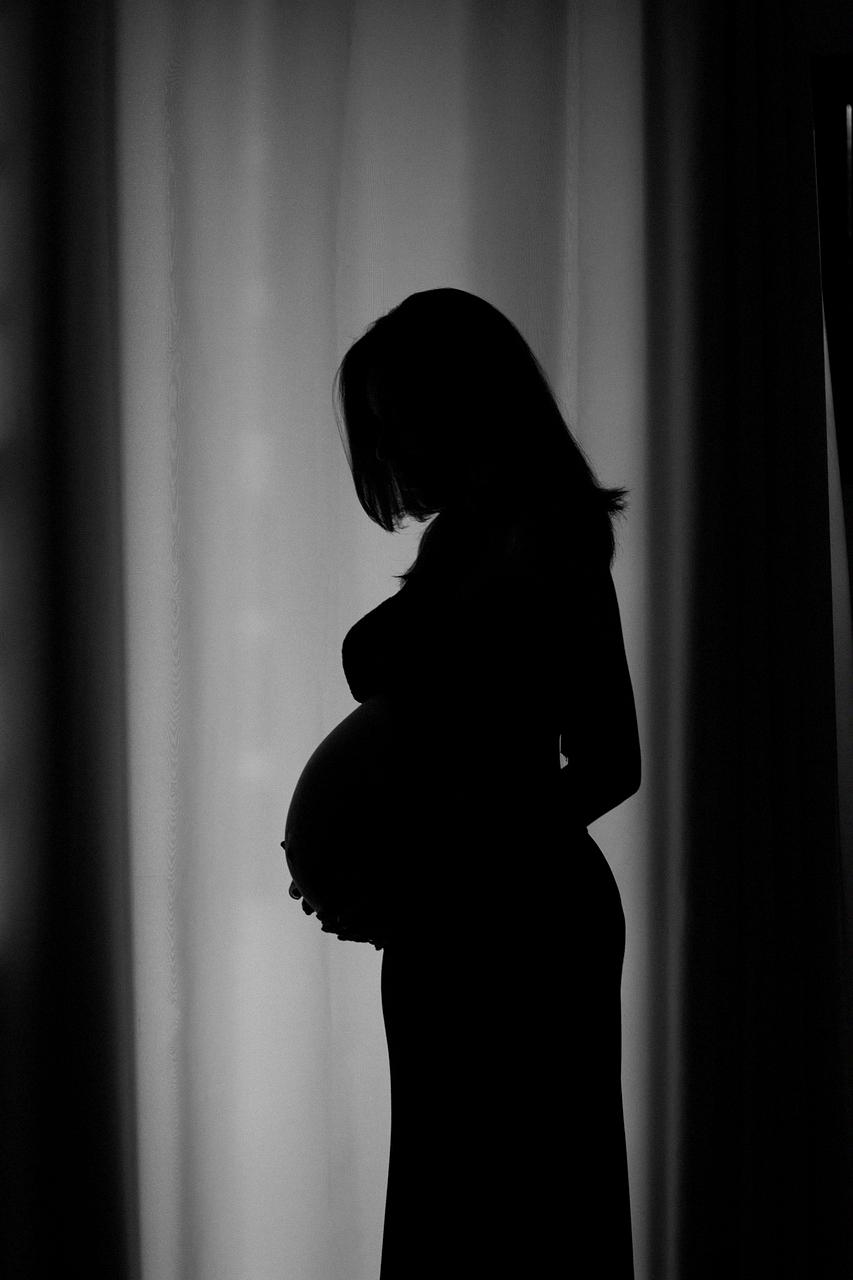During pregnancy, many women experience allergy symptoms that can be quite bothersome. It’s essential to address these symptoms while considering the safety of any medications taken during this crucial time. When it comes to managing allergies during pregnancy, choosing the right medication is key.
Oral antihistamines have been widely used to alleviate allergy symptoms in pregnant women. Medications such as cetirizine (Zyrtec), chlorpheniramine (Chlor-Trimeton), diphenhydramine (Benadryl), fexofenadine (Allegra), and loratadine (Claritin) are generally considered safe options during pregnancy.
These antihistamines work by blocking histamine, a substance produced by the body during an allergic reaction. By taking an antihistamine, you can reduce symptoms like sneezing, itching, watery eyes, and runny nose without posing significant risks to your unborn baby.
It’s crucial to consult with your healthcare provider before taking any allergy medication during pregnancy. They can provide personalized advice based on your specific situation and health history. Your doctor will consider the potential benefits of the medication in managing your allergies versus any potential risks to your baby.
Aside from oral antihistamines, some nasal sprays may also be deemed safe for use during pregnancy. Nasal corticosteroids, such as budesonide (Rhinocort) and fluticasone (Flonase), are often recommended as they target symptoms directly in the nasal passages.
These nasal sprays can help alleviate nasal congestion and inflammation without significantly entering the bloodstream, lowering the risk to the developing fetus. However, always follow your doctor’s advice on the proper usage and dosage of nasal sprays during pregnancy.
While some allergy medications are generally considered safe during pregnancy, it’s essential to avoid certain drugs that may pose risks to you and your baby. Decongestants, for example, should be used cautiously or avoided altogether as they can constrict blood vessels and potentially affect fetal blood supply.
In addition to medication, there are several non-pharmacological measures that pregnant women can take to reduce allergy symptoms. These include using air purifiers, keeping indoor spaces clean and dust-free, avoiding known allergens, and staying hydrated to help clear mucus.
If you are experiencing severe allergy symptoms that are impacting your daily life during pregnancy, don’t hesitate to seek medical advice. Your healthcare provider can recommend the most appropriate treatment options to help you manage your allergies effectively while ensuring the safety of your baby.
Remember that each pregnancy is unique, and what works for one woman may not be the best option for another. By working closely with your healthcare provider and staying informed about safe allergy medications during pregnancy, you can find relief from allergy symptoms while prioritizing the health and well-being of your unborn child.

